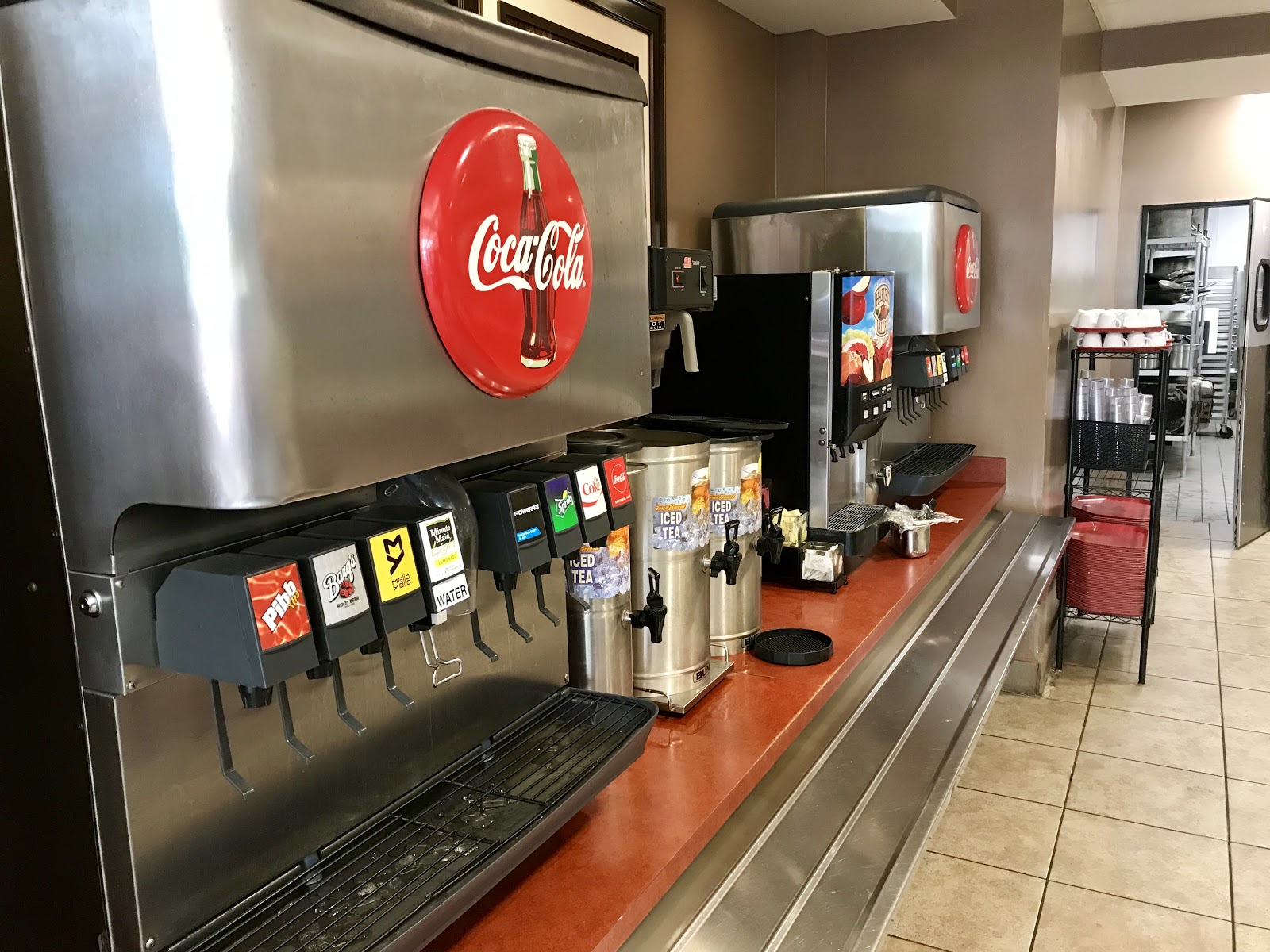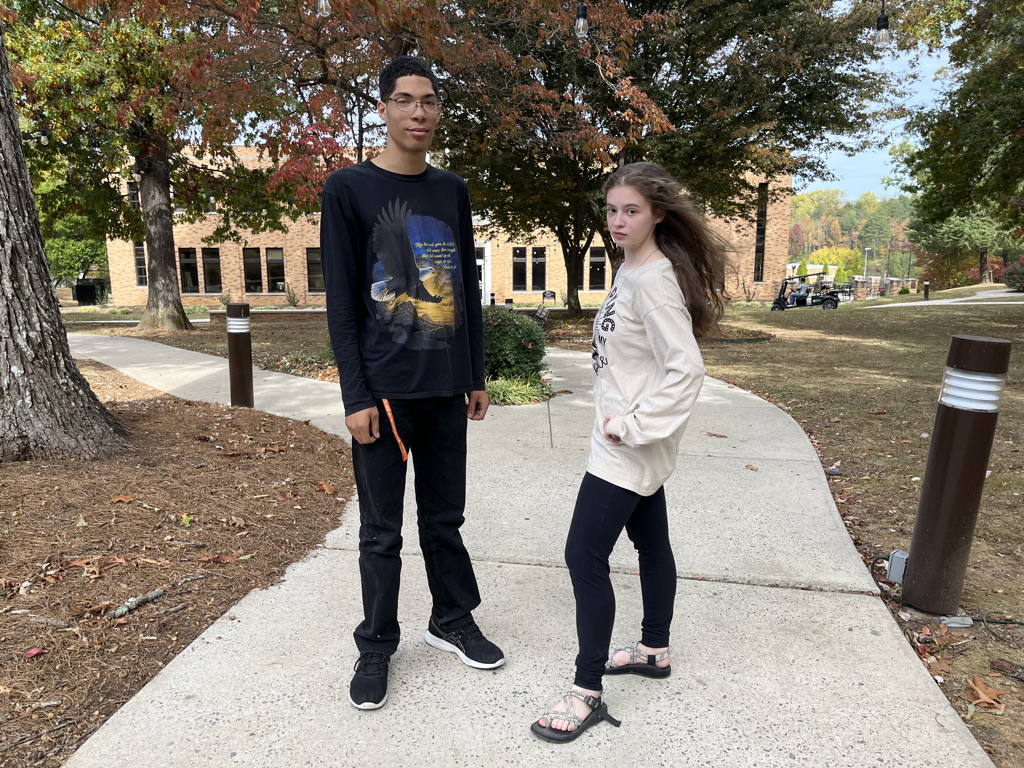Written by: Mathäus Schwarzen, staff writer
Bryan College’s 658 full time students understandably produce large amounts of waste. What shocks Bryan College Director of Food Services AJ Caudill, however, is the sheer quantity that could be conserved.
“I don’t really have tangible data for weight of waste,” Caudill said. “But from my perspective, there is an abundance of waste.”
Caudill works with Pioneer Catering, which recently signed a new seven year contract to provide food for the Bryan community. The school pays Pioneer to provide 19 meals every week to feed its student body, as well as catering for special events and running the “Prideland Grill” on the second floor of the same building.
Though Caudill is primarily concerned with administration, he is no stranger to getting his hands dirty. When Pioneer produced Bryan College’s Thanksgiving meal in November, Caudill worked in the dish room to ensure there was enough clean tableware to go around.
“It would floor you to see how much people throw away,” he said. “Even with exceptions like ‘that didn’t taste like I expected’ or ‘I just got too much on my plate to finish.’ Those things happen, but to see entire bowls of ice cream and large portions of buffet foods just thrown away is kind of silly.”
Joshua Robe, a junior and varsity soccer player, was part of a student-led group that tried to raise awareness about the ecological impact of the school. His group, led by now-graduate Lydia McNeil, filmed videos and gave brief announcements regarding waste during the 2018-19 school year in an attempt to make students think about the effects of their decisions.
Robe, who is now a Resident Assistant in Woodlee-Ewing dorm, says that he thinks the group had middling success, and wishes that it had more of a lasting effect on the campus.
“I was a bit disappointed about what we accomplished,” Robe said. “But it also depends what the metric for success is. As far as raising awareness, I know that our videos were seen by the majority of the student body and were memorable, but I don’t know how much it changed individuals’ behavior because we didn’t do any studies afterward of changed student behavior.”
The group lobbied unsuccessfully to have styrofoam cups removed from the cafeteria and encouraged students to consider their portions and how much food they threw away. They also provided bins for students to recycle their old papers at the end of the spring semester.
Pioneer has no system for composting or otherwise reclaiming food waste, according to Caudill, and neither does the school. Any food that is left unfinished on plates is simply thrown away with the garbage. The result is then taken by the Rhea County Sanitation Department every Thursday.
Likewise, there are limited options for other kinds of waste on the Bryan College campus. Students are responsible for the garbage from their own rooms, but a garbage can is present in every other room on campus.
The only option for recycling, however, are blue recycling bins provided by a student group known as Enactus. These bins are only for paper, which an Enactus member collects every Friday. The city of Dayton, where Bryan College is located, only offers garbage disposal. Anyone who wishes to have their waste recycled must take it themselves to a recycling center run by the Rhea County government.
Enactus does, however, have two water bottle filling stations located at water fountains to encourage students not to throw away their plastic. Like McNeil’s group, they feel that plastic waste should be reduced. Likewise, Pioneer encourages students to use washable bowls for foods such as ice cream instead of their styrofoam counterparts.
However, Caudill said that in his arena, excess waste is mostly generated by students with the wrong mentality.
“I feel much could be done by being more mindful that what they don’t consume is waste,” Caudill said. “I feel it comes down mostly to carelessness and perhaps feeling like, ‘I paid for unlimited meals, so what?’ I can’t assume that many have this outlook, but I have heard students say this before.”
Caudill’s own advice for reducing waste on campus is simple, especially when it comes to food.
“Take a little, finish, and get more instead of taking too much and tossing it,” he recommends. That is what he teaches his own children, and he believes it will work for students as well.
Mathäus Schwarzen is a staff writer for the Bryan Triangle specializing in campus news, and a sophomore at Bryan College, majoring in creative writing. He spends his free time writing, drawing and listening to music.




